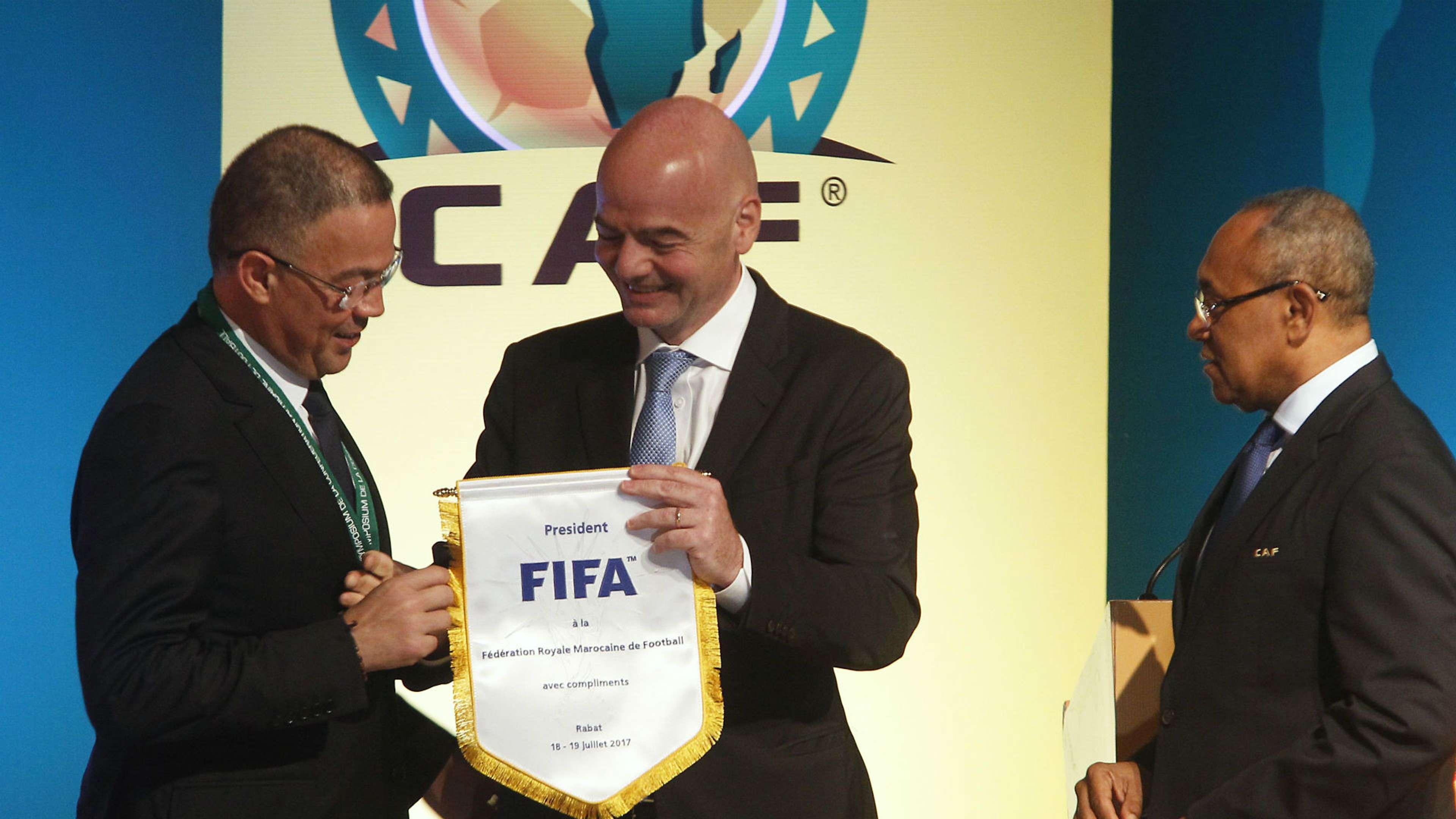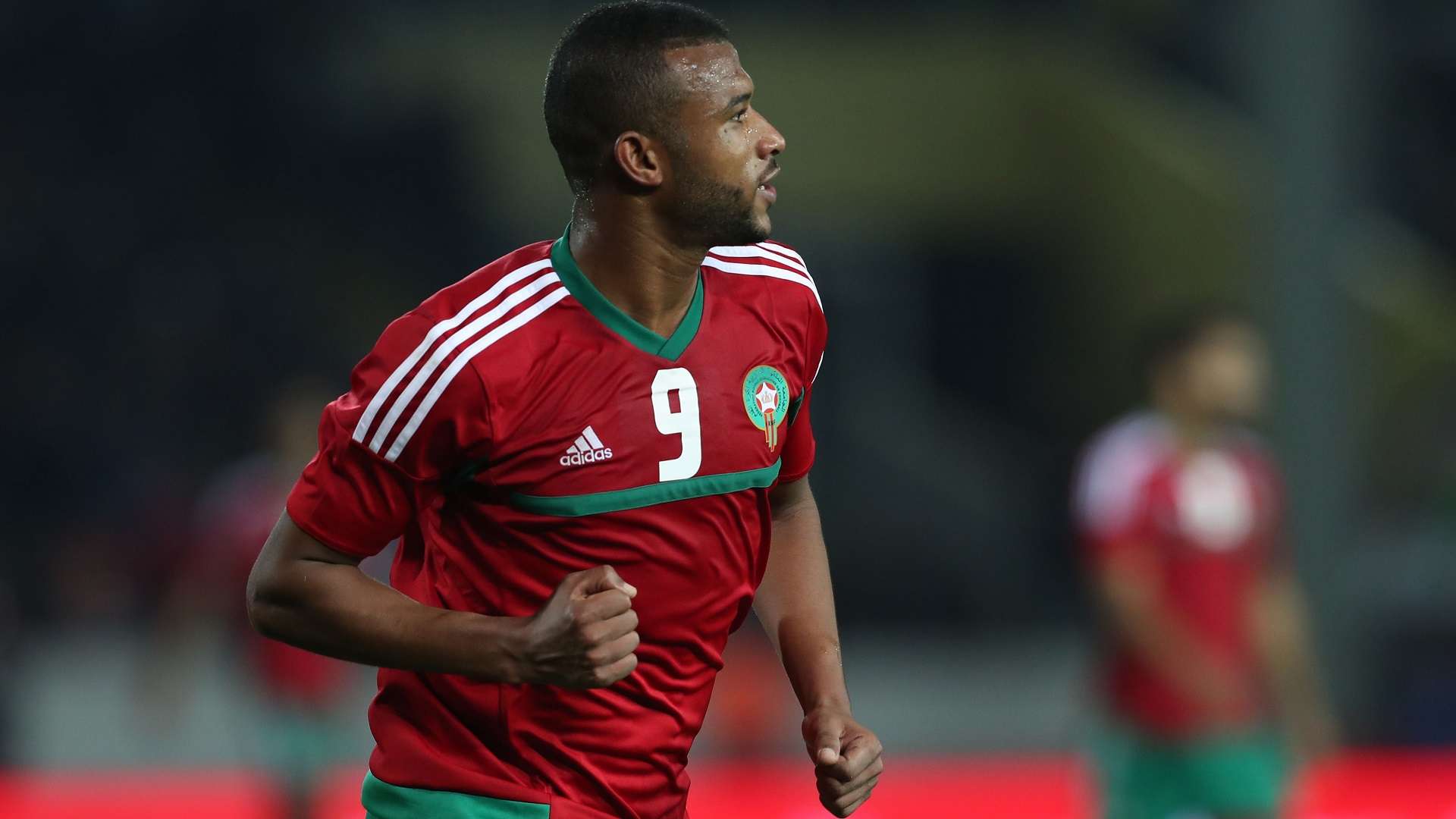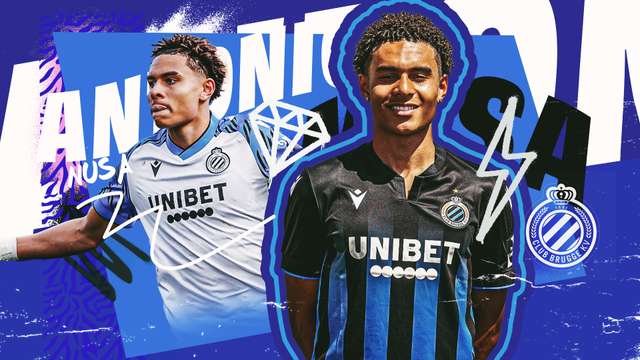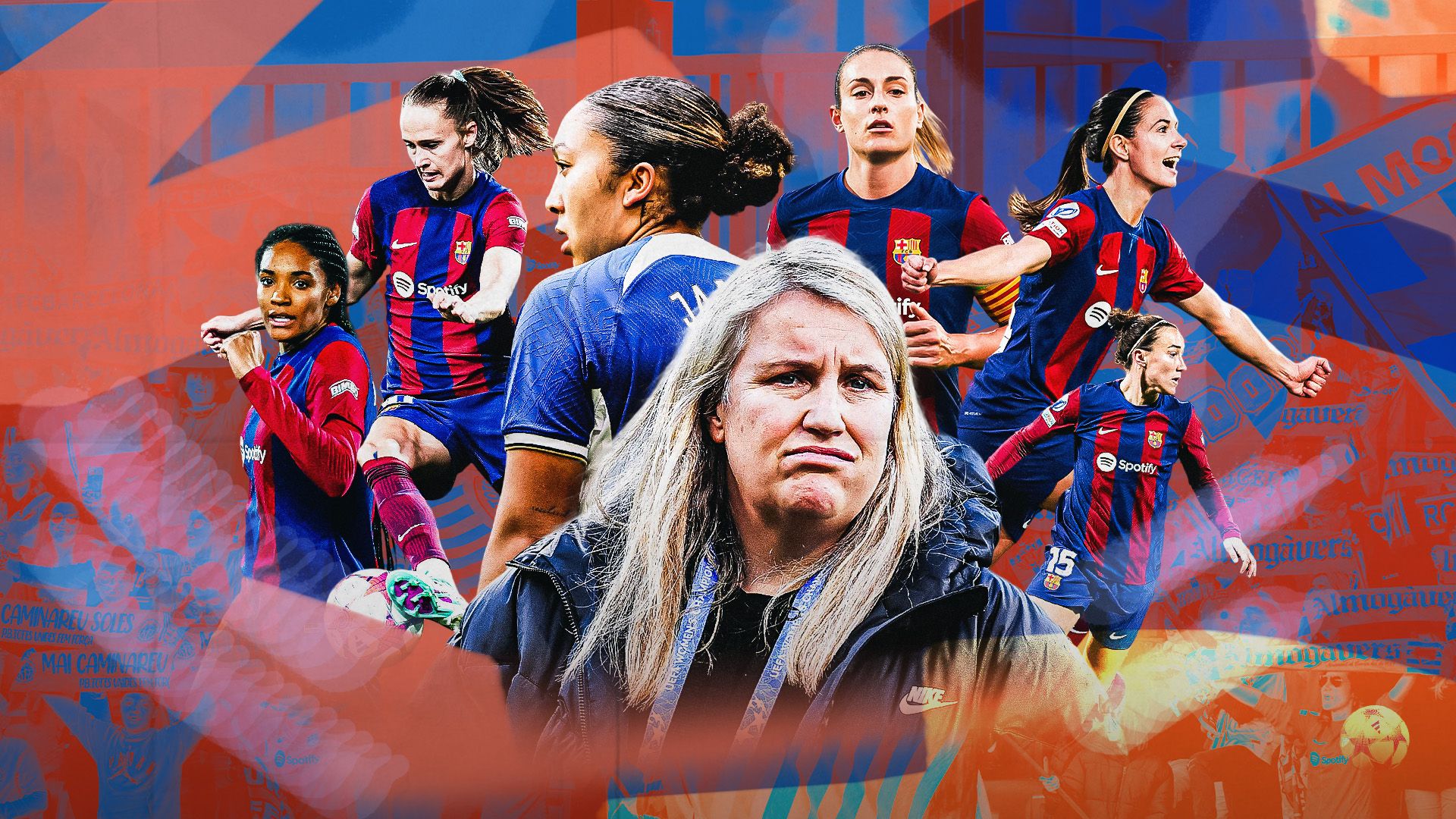Morocco are the African country whose stock has improved the most during the last 18 months, and after the Atlas Lions’ African Nations Championship victory against Mauritania, a maiden CHAN title may be the next step in their rise to prominence.
From the moment Morocco stepped in to replace Kenya as tournament hosts—an intriguing pseudo reversal of their Africa Cup of Nations abdication ahead of the 2016 event—this has felt like a tournament that’s there for the taking.
Over the last year, the North African state have launched their 2026 World Cup bid, qualified for the 2018 tournament in Russia, produced Africa’s club champions in Caf Champions League winners Wydad Casablanca and reached the last 16 of the Africa Cup of Nations for the first time since 2004.
They’re reportedly being earmarked as potential 2019 Afcon hosts should Cameroon fail to convince that they can host an extended tournament, while in FA President Fouzi Lekjaa, they have one of Caf’s emerging faces and a confidant of new African football chief Ahmad Ahmad.
A key subplot here at the 2018 CHAN is the measure of their ability to host a major footballing tournament—this is, after all, their first in 30 years.
 Getty
Getty
Saturday’s tournament opener — at the atmospheric Muhammad V Stadium in Casablanca — was an auspicious start, with the opening ceremony, for example, a much more engaging spectacle than Bouba’s attempt to kick off the 2017 Nations Cup in Libreville.
While the brass band didn’t wholly convince that they’d spent too much time learning the Mauritanian national anthem, the attendance was encouraging, and Morocco should pack out the national stadium when they face Guinea in their second group game.
Of course, it will be interesting to see how attendances in some of the more provincial venues match up—particularly without the allure of the home side—but for an opening contest, Ahmad and Lekjaa, both watching on, couldn’t have wished for too much more.
Moroccan success on the field suits both men too.
For the latter, obviously, it would be the natural next step to complete a superb start to his tenure in the nation’s top job.
For Ahmad, similarly, this Moroccan side provide great evidence for his sustained initiative to remove—or at least reduce—the dichotomy and hierarchy that exists between African footballers based overseas and African footballers at home.
In a controversial move, the new Caf President opted to retire the confederation’s award for the Africa-based Player of the Year, a move which doesn’t completely align with his wholehearted backing of the CHAN as a celebration of the quality that exists in the continent’s domestic leagues.
If a two-tiered major continental tournament system can exist—with the Afcon and the CHAN—then why can’t two awards coexist as well?
Success for this Morocco team, however, ought to lead to an increased presence of local talent within Herve Renard’s full side—the French coach has acknowledged the importance of the tournament—and would support Ahmad’s determination to promote the talent that exists within Africa.
It’s easy to see how the increased presence of Morocco-based players in the Atlas Lions’ World Cup squad—and playing time in Russia—would represent a comment on the quality that can be found in the continent’s local leagues.
After their second-half display against Mauritania, one suspects Morocco are primed to live up to both Lekjaa and Ahmad’s expectations.



.jpg?auto=webp&format=pjpg&width=640&quality=60)
.jpg?auto=webp&format=pjpg&width=640&quality=60)